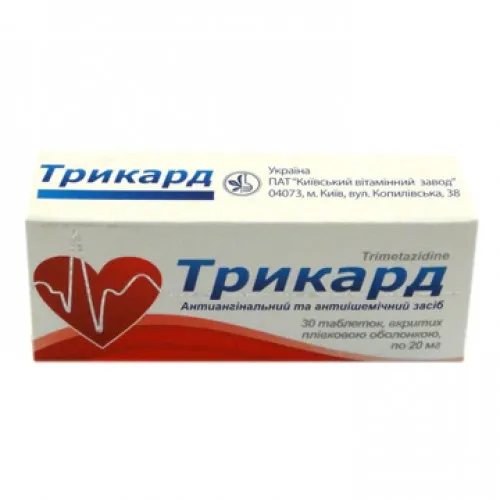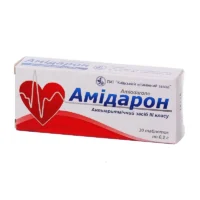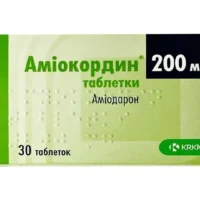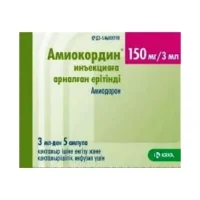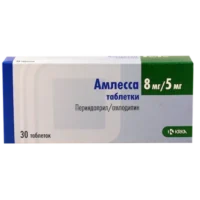Description
Tricard (Trimetazidine) Coated Tablets 20 mg. №30
Ingredients
- Active ingredient: Trimetazidine 20 mg per tablet.
Dosage
- Recommended dosage: The usual dose is 1 tablet three times a day, preferably taken with meals.
Indications
- Tricard tablets are indicated for the symptomatic treatment of patients with stable angina pectoris.
Contraindications
- Do not use Tricard tablets if you are allergic to trimetazidine or any other ingredients in the product. Consult your healthcare provider before use if you have severe renal impairment.
Directions
- Take Tricard tablets orally with water. Do not crush or chew the tablets. Follow the dosage instructions provided by your healthcare provider.
Scientific Evidence
- Trimetazidine, the active ingredient in Tricard tablets, has been extensively studied for its efficacy in the treatment of angina pectoris. Research has shown that trimetazidine improves myocardial glucose utilization, leading to enhanced cardiac function and reduced ischemic damage.
Additional Information
- Tricard tablets have been well-tolerated in clinical trials, with common side effects including mild gastrointestinal disturbances. It is important to inform your healthcare provider about any other medications you are taking before starting Tricard to prevent potential drug interactions.
Pharmacological Effects: Trimetazidine acts by preserving cellular energy metabolism, particularly during ischemic conditions, by shifting myocardial energy production from fatty acid oxidation to glucose oxidation. This mechanism helps improve myocardial function and reduce the frequency of angina attacks.
Clinical Trials: Clinical trials have demonstrated the effectiveness of trimetazidine in reducing angina symptoms, improving exercise tolerance, and enhancing quality of life in patients with stable angina. Compared to other anti-anginal agents, trimetazidine has shown similar efficacy but with a favorable side effect profile.

